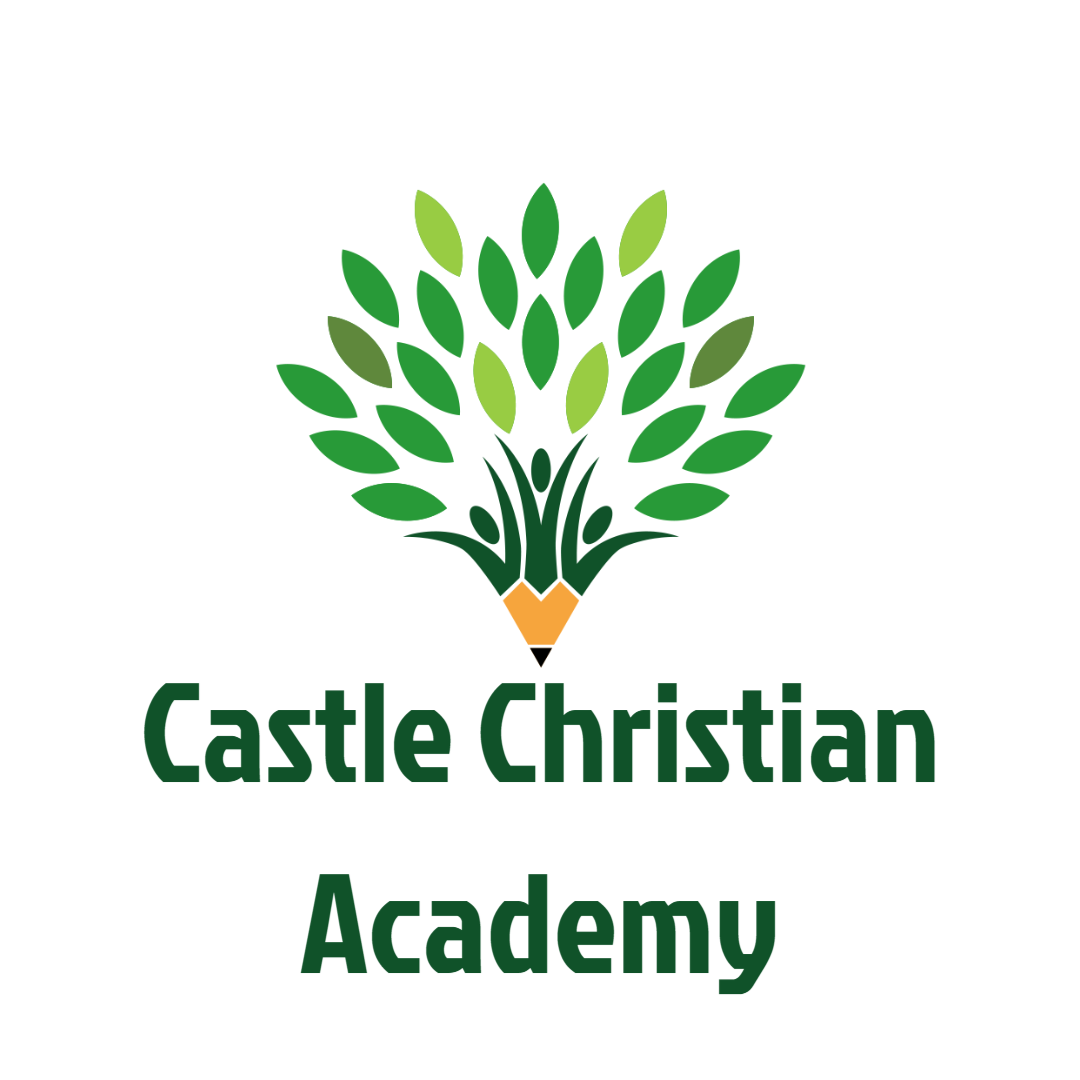Foundations of Christian Ministry: A Comprehensive Training Program
"Foundations of Christian Ministry: A Comprehensive Training Program" is an immersive and transformational course designed for individuals seeking to deepen their understanding of Christian ministry. This program is ideal for aspiring pastors, church leaders, laypersons, or anyone interested in exploring the principles and practices that underpin effective ministry in the contemporary world.
This course provides a robust framework by blending theological education, practical training, and personal spiritual development. Through a combination of lectures, interactive discussions, hands-on projects, and community engagement, students will gain a well-rounded perspective on what it means to lead, serve, and make a meaningful impact within the Christian community and beyond.
Key components of the course include:
1. Theological Foundations: Dive deep into the core tenets of the Christian faith, exploring essential doctrines, biblical theology, and church history to form a solid theological foundation. Understand how these principles relate to modern ministry and everyday life.
2. Leadership and Discipleship: Learn effective leadership strategies and the importance of discipleship within the church setting. This segment covers aspects such as team building, conflict resolution, mentoring, and developing a vision for your ministry.
3. Ethics and Pastoral Care: Gain insight into ethical decision-making and pastoral care techniques essential for nurturing a compassionate and just ministry. Understand the importance of integrity, empathy, and moral guidance in addressing the diverse needs of congregations.
4. Worship and Liturgy: Study the significance of worship in ministry, exploring various worship styles, liturgical practices, and the role of music and arts in enhancing spiritual experiences. Learn how to craft meaningful worship services that resonate with diverse communities.
5. Church Administration and Management: Develop skills in church administration, including financial management, strategic planning, and organizational leadership to ensure your ministry runs efficiently and sustainably.
6. Community Engagement and Mission: Discover ways to extend your ministry beyond the church walls through community service, outreach programs, and global missions. Learn how to build partnerships and collaborate with other organizations to address societal issues effectively.
7. Personal Spiritual Growth: Engage in activities and reflections aimed at deepening your personal faith journey. This includes spiritual disciplines, prayer exercises, and retreats designed to foster inner growth and resilience.
Throughout the course, students will have opportunities to apply their learning in real-world contexts through internships, volunteer work, and field projects. Experienced instructors and ministry leaders guide participants, providing mentorship and support as they navigate the complexities of modern Christian ministry.
By the end of the program, students will be equipped with the knowledge, skills, and spiritual maturity necessary to lead with confidence, compassion, and conviction in their respective ministries. Whether you are beginning your journey in ministry or seeking to revitalize your existing ministry, this comprehensive training program offers the tools and insights needed to thrive in service to others.
What will i learn?
- 1. Understanding Core Theological Concepts - Demonstrate a clear understanding of core Christian theological concepts and their application in various ministry contexts. 2. Historical and Biblical Literacy - Exhibit a comprehensive knowledge of the historical development of Christianity and key biblical narratives that inform ministry practices. 3. Ministry Skills Development - Develop essential skills in preaching, teaching, counseling, and leadership that are crucial for effective ministry practices. 4. Cultural and Contextual Awareness - Analyze and evaluate the influence of cultural contexts on ministry practices and apply adaptive strategies suitable for diverse communities. 5. Ethical and Moral Leadership - Articulate a personal ethic of Christian leadership grounded in biblical principles, with a demonstrated commitment to integrity, accountability, and ethical decision-making. 6. Spiritual Formation and Discipleship - Facilitate and lead spiritual formation activities and discipleship programs that nourish the spiritual growth of individuals and congregations. 7. Communication and Interpersonal Skills - Develop strong communication and interpersonal skills that enhance engagement with church members, communities, and external stakeholders. 8. Servant Leadership - Embody the principles of servant leadership by leading with humility, empathy, and a commitment to serving others as exemplified by Jesus Christ. 9. Mission and Evangelism - Design and implement mission and evangelism strategies that effectively communicate the Gospel and inspire community involvement. 10. Conflict Resolution and Pastoral Care - Apply conflict resolution techniques and offer pastoral care that supports and reconciles individuals within the church and broader community. 11. Worship and Liturgy Design - Plan and execute meaningful worship services and liturgical experiences that are biblically sound and culturally relevant. 12. Reflective Practice and Continuous Improvement - Engage in reflective practice to assess personal ministry experiences and commit to lifelong learning and improvement in ministry effectiveness. These outcomes aim to equip students with a holistic foundation for effective and impactful Christian ministry.
- Course Objectives: - To provide students with a foundational understanding of Christian theology and ministry. - To equip students with practical skills for effective leadership and service in various ministry contexts. - To enhance students' spiritual formation, personal growth, and commitment to Christian values and ethics. - To prepare students for continued education and training in specialized areas of Christian ministry. Course Requirements: 1. Prerequisites: - A high school diploma or equivalent. - A basic understanding of Christian teachings and Biblical scripture. - Completion of any introductory courses in religious studies, if applicable. 2. Attendance and Participation: - Regular attendance is mandatory. Students are expected to attend at least 90% of all scheduled classes. - Active participation in class discussions, group projects, and ministry simulations. 3. Readings and Assignments: - Completion of weekly readings from the course textbook and supplemental materials. - Submission of written reflections or position papers on assigned topics. - Participation in peer-review exercises to improve collaborative and critical thinking skills. 4. Examinations and Quizzes: - Periodic quizzes to assess comprehension of readings and lecture material. - Mid-term and final examinations covering key concepts in Christian theology and ministry practices. 5. Practical Ministry Engagement: - Completion of a ministry practicum, involving a minimum of 40 hours of hands-on experience in a church or ministry setting. - A reflective journal documenting experiences, challenges, and personal growth during the practicum. 6. Projects and Presentations: - Group or individual projects that focus on developing solutions for contemporary challenges in Christian ministry. - Oral presentations on selected topics, demonstrating a clear understanding of course materials and effective communication skills. 7. Service and Outreach: - Participation in at least two community service or outreach events during the semester. - A report on the impact and learning outcomes from these events. 8. Capstone Project: - A comprehensive final project that integrates learning from the entire course. This may involve a research paper, a ministry proposal, or a creative project with a written component. 9. Spiritual Development: - Regular personal devotions, scripture study, and prayer, documented in a spiritual journal. - Attendance at a minimum of one spiritual retreat or workshop during the course. 10. Evaluation and Grading: - Grades will be based on attendance, participation, assignments, exams, projects, and practical ministry engagement. - A final grade of 70% or higher is required to pass the course. Resources and Support: - Access to the campus library and digital resources for additional reading and research. - Availability of faculty for academic advising and personal mentoring. - Access to counseling and spiritual guidance services. This course is designed to lay the groundwork for a lifelong journey of growth and service in Christian ministry, empowering students to make meaningful contributions to their communities and the broader world.
-
Understanding Ministry
Preview .
-
What is Ministry?
00:04:48
-
Understanding Christian Ministry Assignments
.
-
Theology
.
-
Understanding the Bible
00:07:19
-
Exploring the Whole Bible Part 1
.
-
Exploring The Whole Bible Part 2
.
-
Theology Assignments
.
-
Practical Ministry Skills
.
-
Minister's Manual
.
-
Sermon Prep Made Simpler #1: Preparation & Flow Of Thought | Pastor Lutzer
00:18:14
-
Bryan Chapell - The Power of Christ-Centered Preaching
00:46:35
-
Prayer Myths and Truths
.
-
Practical Ministry Skills
.
-
Church In Modern World
.
-
Church Today
.
-
Small Churches: The Tip of the Spear
00:09:45
-
How To Grow A New Church [2025 Church Plant Growth Guide]
00:18:17
-
Resources for Church Growth
.
-
Ministry In the Modern World
.
-
Specialized Ministry
.
-
Specialized Ministry Assignment
.
-
Personal Development
.
-
Have You Heard What Happened To Joyce Meyer?
00:22:01
-
Personal Development Assignments
.


